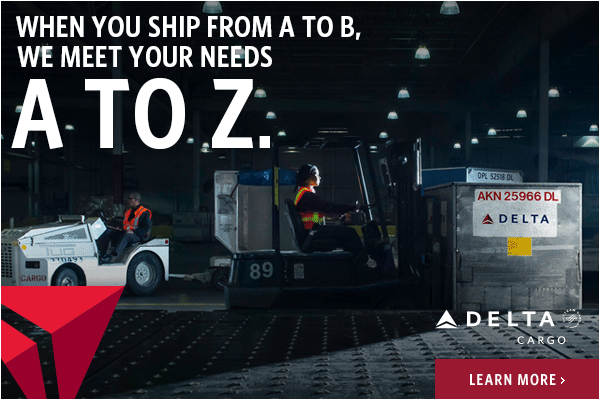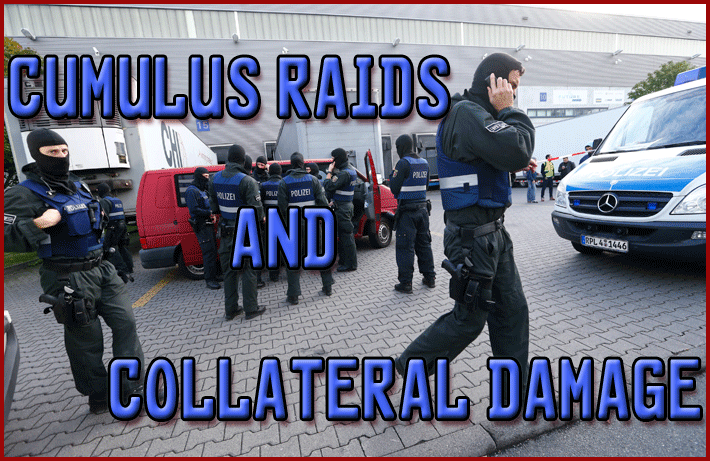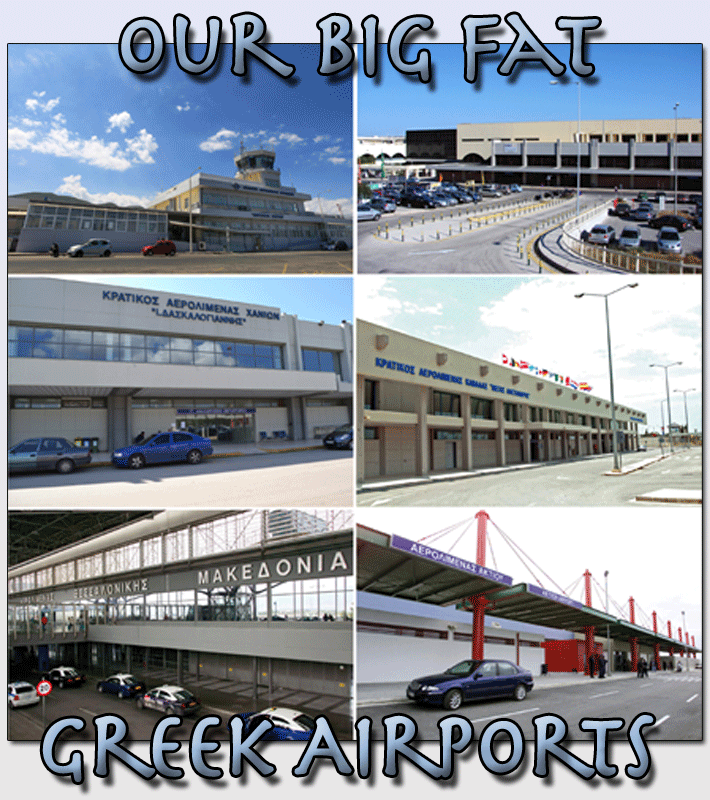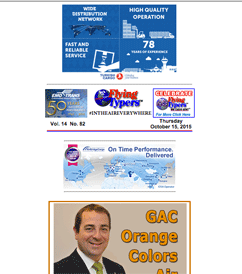
Timeo,
danaos, et dona ferentes is a Latin phrase from
the writings of Virgil; it literally means "Fear
the Danaans—the Greek—even when they bear
gifts."
In fact, it is a warning made
to the citizens of Troja who brought in the wooden Trojan
horse they thought was a donation to the Gods. The rest
of the story is legend—Ulysses, accompanied by
other Greek heroes, climbed out from a hiding place
in the horse’s womb to fall upon the defenseless
city at night, thus ending the 10-year Trojan War. 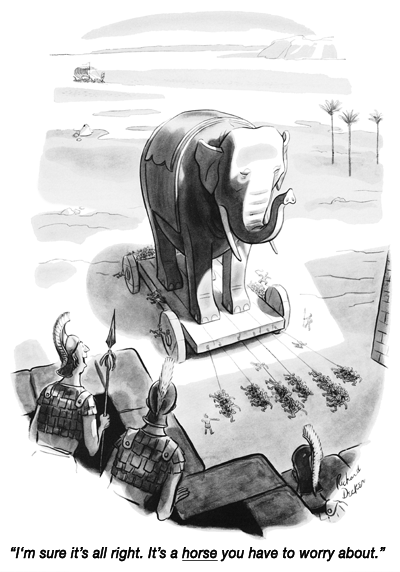
It may indeed be appropriate
to remember this piece of history-cum-mythology when
taking a look at the state of the Greek economy, the
Greek society, and the Greek aviation sector.
“Cables from Greece”
may sound slightly like a throwback in the Facebook
age, but what the world loves about an enchanted place
like Greece is the depth of their history. So what can
or should Grecians do about the state they are in in
2015?
What is fact and what is myth
largely depends upon whether you are Greek or not, and
the recap of negotiations regarding European financial
assistance told by Giannis Varoufakis (former Greek
minister of Finance) bears very little resemblance to
the recap given by Wolfgang Schäuble (German Minister
of Finance).
But a September report stating
that Germany profited from the Greek crises flies in
the face of the popular notion that Europe’s largest
economy unfairly bore the brunt of Greece’s financial
troubles.
For the record, the study was
conducted by a leading German think-tank, The Halle
Institute for Economic Research (IWH).
“Germany benefited significantly
from the European/Greek debt crises,” the report
stated.
“Bad news in Greece was
good news for Germany and visa-versa.”
These days, it might be better
for Greeks to paraphrase their old warning with “Beware
of Germans even when they bear gifts,”—it
might be fitting to remember that the German word “Gift”
(with a capital G) means “poison.” Although
Greece has been “rescued” another time and
financial help was made available, there is no resolve
and no help.
The Greek state continues to
be crippled by its mountain of state debt, currently
at about 317 billion Euros (US$346 billion) and its
inability to service these debts and refinance itself
on the international markets.
Probably the biggest difference
between Europe and the U.S. is that the U.S. is one
country consisting of 50 states, trying to impose as
little governmental measures on its citizens as possible,
while the European Union is a loose group of currently
28 member states. Although the Maastricht and Lisbon
Treaties covering accession to the EU and the obligations
and rights of each member state were not meant to intrude
on the area of national sovereignty or limit a national
government’s right to make autonomous democratic
decisions, in practice the EC regulations have invaded
the life of each European citizen.
The “common market without
borders and taxes” also means that legislations
and the tools of governance had to be harmonized, which
means financially weaker states dependent on the EU
must use available financial subsidies to adapt to the
standards and demands of the financially stronger states—namely
the Germans, who are still Europe’s strongest
economy.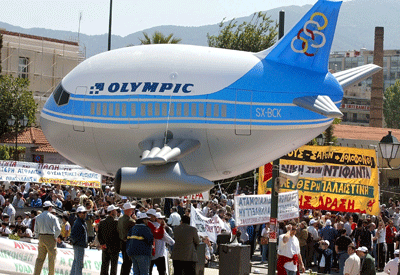
Olympic Airways (OA) was formerly
the proud flag carrier of Greece. Headquartered in Athens,
it possessed a tight-woven domestic network of 37 destinations
and served up to 38 international destinations, focusing
on the Middle East, Europe, and North America.
After shipping tycoon Aristoteles
Onassis bought into OA in 1956, the fleet quickly modernized,
introducing the first Boeing 707-300 in 1965 and the
747-200 in 1972.
In January 1973 Alexander Onassis,
the son of the shipping tycoon, perished in an aircraft
accident and subsequently Onassis sold his shares in
OA.
It is safe to say that the
then state-run OA (whose domestic services had been
outsourced to an offshoot called Olympic Aviation) was
not well managed. Nevertheless, OA was providing good
services and employed up to 8,500 staff (December 2007).
Because of mounting debts which
made acquisition of new aircraft difficult if not impossible,
OA was sold in March 2009 to a Greek investment fund,
Marfin Group. This sale included ground handling, flight
operations, and the sizable MRO business.
As the European Commission
had ruled the monies allocated to the operations of
OA a “market-distorting” and thus illegal
aid, OA was forced to shut down on September 29th, 2009.
It operated—using the temporary code OP—some
remaining flights to Greek Islands until the Greek government
reallocated the entire domestic and non-EU international
traffic rights to other carriers by means of public
tenders. On December 31st, 2009, Olympic Airlines
ceased all operations, and the revenues formerly generated
by OA were now due to other European Carriers who were
able to operate without a need for traffic rights.
Although OA by and large had
been lossmaking after the Onassis era, mainly because
of poor management, these losses were at least partially
incurred because OA’s tight domestic network spanning
the popular Greek islands was rather a public service
obligation and not an option to generate revenues per
se. Still, OA’s contribution to the Greek tourism
sector was of enormous importance and by closing down
OA, the Greek government lost both tax income, revenues,
and influence on a core economic factor.
A buzzword every student of
business administration learns in his first semester
is “sustainable.” Although much talk has
been made about “helping Greece” and making
the Greek economy “sustainable,” with friends
like the other EU members Greece does not need enemies;
none of the obligations imposed on the Greek state in
exchange for further financial concessions of the EU
Eurozone members is helping the Greek economy to achieve
sustainability. To date, a majority of the Greek population
does not have access to a working healthcare system
or health insurance, and one concession the Greek government,
under MP Alexis Tsipras, had to make in the last round
of negotiations in early July was to agree to mass layoffs
at government-run enterprises. Likewise, although privatization
of the 14 Greek domestic airports certainly makes sense,
especially when the suitor was Germany’s FRAPORT,
whose expertise in operating airports is unparalleled,
it is questionable whether such a measure should take
place at a time where property values have been diminished
as the result of a decade-long state crisis.
Last but not least, even though
the “Euro-Partners” (as the EU states like
to call themselves) made it a prerequisite for further
help that the International Monetary Fund would be a
part of the Greek bailout and assistance packet, it
was the same IMF which had previously demanded a “haircut,”
e.g. a waiver of the Greek debts in the creditor’s
books, as the Greek state debt “was too excessive
to ever be repaid in the foreseeable future.”
Instead, emergency assistance
to Greek banks and further stretching of the Greek debts
was agreed upon, in exchange for a considerable raise
in VAT (value-added tax), property tax, and forming
a trust tasked with the privatization of the Greek state-owned
enterprises. The envisioned price of 50 billion Euros
(US$54.45 billion) must be called nothing short of fantastic,
but the Germans had likewise discouraging experiences.
The “Treuhand” was a state-run trust
tasked with selling off former state-owned property
in formerly communist Eastern Germany after the German
reunion was created in June 1990; it oversaw the privatization
of roughly 8,500 state-owned enterprises employing about
4.2 million employees.
Until the turn of the century,
2.7 million people formerly employed had been laid off
and although considerable properties had been sold,
the Treuhand had amassed 295 billion DM (US$160.6 billion)
in debt where initial plans had called for earnings
of 150 billion DM (US$81.6 billion).
As for the German demands of
“budgetary discipline” aimed at Greece,
it must be said Greece (among other states) waived the
state debt of the Germans resulting from WWII at the
1953 London debt conference, thus making the Wirtschaftswunder
possible.
Jens




